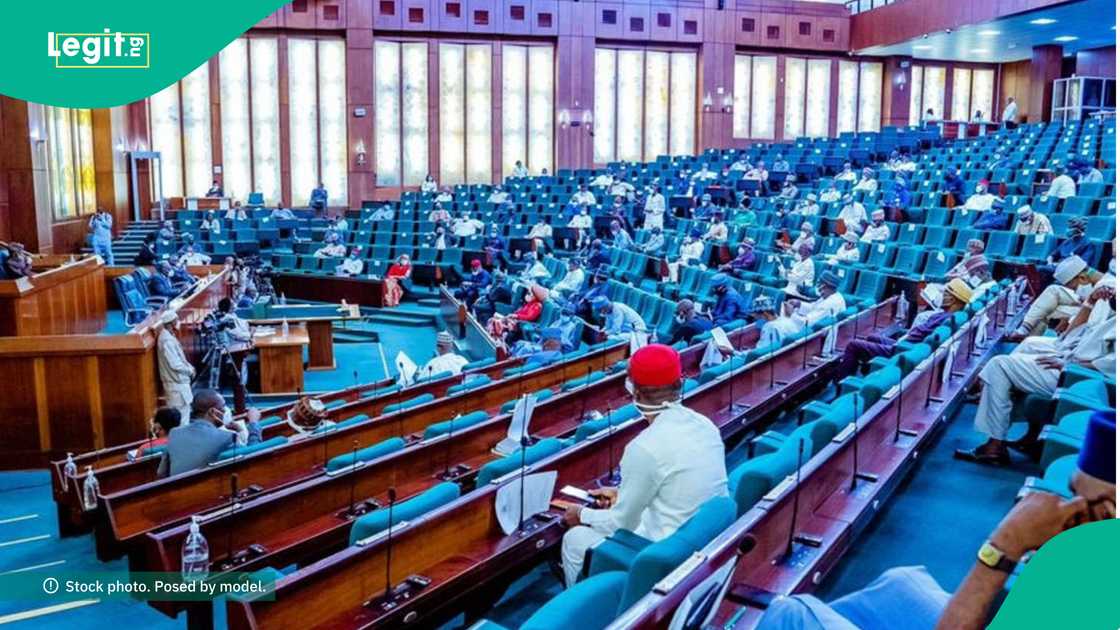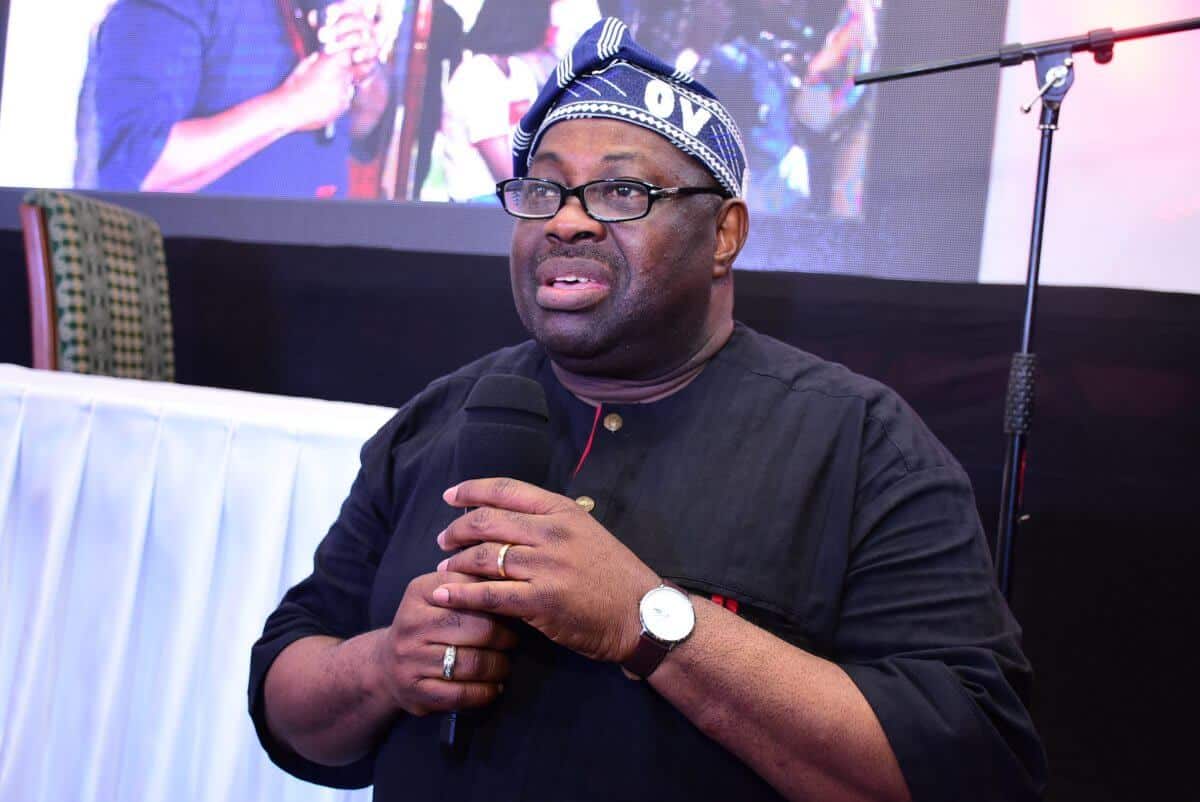- House of Representatives wants the federal government to develop a blueprint for the involvement of Indigenous refiners in the nation
- The House passed a resolution after a motion on the necessity of reforming and regulating Nigerian petroleum output was adopted
- The Deputy Minority Whip underlined that the constitution requires that the nation's resources be used to promote growth
Legit.ng journalist Zainab Iwayemi has 5-year-experience covering the Economy, Technology, and Capital Market.
The Federal Government has been urged by the House of Representatives to create a plan for integrating domestic refiners into the value chain of the country's petroleum production.

Source: UGC
The House’s resolution followed the adoption of a motion on the need to reform and regulate Nigerian petroleum production to integrate artisanal refiners into the value chain.
The motion was moved by the Deputy Minority Whip, Mr George Ozodinobi.
Speaking on the proposal, Ozodinobi emphasised that the constitution requires the use of the country's resources to advance development, The Punch reported.
He claimed that the government's failure to identify, monitor, and regulate the artisanal refining of petroleum products—a process that has been common in the Niger Delta region for decades—had resulted in the loss of lives and money.
The Labour Party chieftain noted that in 2016, "the Federal Government proposed the integration of artisanal refiners into mainstream oil and gas operations to encourage more local content in the industry and to advance the use of home-grown technology in petroleum refining in the region.”
Ozodinobi stated that after seven decades of significant environmental degradation in the Niger Delta, policymakers are still failing to support artisanal refining or establish local technology to address Nigeria’s energy poverty.
He criticised the stigmatisation of indigenous artisanal refiners as “oil thieves” and noted that “deploying the Nigerian Navy and other security agencies to destroy artisanal refineries further degrades the environment that sustains Niger Delta communities.”
According to the lawmaker, the neglect of local refiners “has left Nigeria with four moribund refineries for decades, making it a major exporter of crude oil but a chronic importer of refined petroleum products.”
He maintained that this is made worse by the continuous gasoline shortages and the purported Dangote Refinery sabotage.
Pointing to developed countries like China, Japan, and the US as examples, Ozodinobi urged Nigeria to make a commitment to advancing domestic technology.
Members unanimously approved the motion when it was presented to a voice vote. The Nigerian Upstream Petroleum Regulatory Commission was encouraged to create a regulatory framework to formally incorporate artisanal refiners into the oil production value chain by Deputy Speaker Benjamin Kalu, who chaired the plenary session.
Additionally, the House directed its Committees on Local Content, Upstream, Midstream, and Downstream Petroleum Resources to ensure compliance and submit a report for additional legislative action within four weeks.
Why marketers are not patronising Dangote Refinery
Legit.ng reported that despite paying N40 billion to the Nigerian National Petroleum Company Limited (NNPCL), the Independent Petroleum Marketers Association of Nigeria (IPMAN) has claimed its members are unable to load gasoline from the Dangote Refinery in Lagos.
Abubakar Garima, the association's president, stated this on Wednesday, October 30, 2024, while on Sunrise Daily, a Channels Television programme.
Garima said this while responding to the claim by Dangote that marketers were boycotting his refinery to buy imported petrol.
PAY ATTENTION: Сheck out news that is picked exactly for YOU ➡️ find the “Recommended for you” block on the home page and enjoy!
Source: Legit.ng
















 English (US) ·
English (US) ·